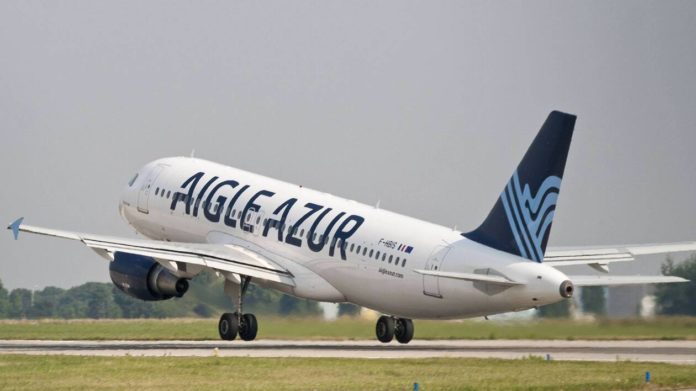At a time when XL Airways and Aigle Azur have just gone bankrupt, it is tempting to recall what all the experts have always said about the poor competitiveness of the French air flag. The latest IATA report perfectly summarizes the problems suffered by French companies: « France imposes airport and passenger charges and taxes that are among the highest in the world »; « France has poor results in terms of labour efficiency »; « regulatory burden remains a problem in France ».
Beyond these real economic causes, the decline of the French flag must also be sought in the perception of air transport by the public authorities over the past fifty years.
First, France has chosen to give priority to the development of rail over air transport. This choice may be economically justified, but it should be demonstrated, after a comparative and quantified analysis of the costs and benefits of each of these two modes of transport: are we certain that the train is always more efficient than the plane, for example to open up isolated territories? In the absence of a genuine interest in the subject, the public authorities have never defined a long-term strategy for the French flag. Their action is essentially curative, consisting in helping companies in difficulty when it was already too late.
Secondly, air transport policy has been reduced to the French doctrine of the « national champion »: to have a French giant – namely Air France – it is necessary to avoid the emergence of other major domestic competitors. It is striking to note that outside the Air France group, the French flag is mainly composed of small airlines: they are confined to exploring niches, sometimes successfully as illustrated by the case of Air Caraïbes. The lack of critical size makes them fragile, particularly in the face of European low-cost giants.
The French situation contrasts with that in the United Kingdom, where two giants, British Airways and easyJet, operate. British Airways is essentially a premium and long-haul airline, which uses medium-haul flights only to feed its Heathrow hub; easyJet specialises in point-to-point medium-haul flights in low-cost mode. Competition between the two operators has been a source of emulation and differentiation.
Finally, the public authorities did not take seriously the surge in low-cost transport in the 1990s. However, they were alerted: in a report to the Minister of the Economy published in 2007, Charles Beigbeder and I announced, with figures to support it, the inevitable victory of this f model on the medium-haul routes. The public authorities’ response was essentially defensive, with the creation in 2007 of Transavia, an Air France subsidiary. Its development has long been restricted and it will have to wait until… 2019 for it to take off, thanks to an agreement with the pilots’ unions. Let’s hope that Transavia, a low-cost subsidiary of a group that is not, will tomorrow succeed in making the famous saying lie: « You are born low-cost, you don’t become it ».






